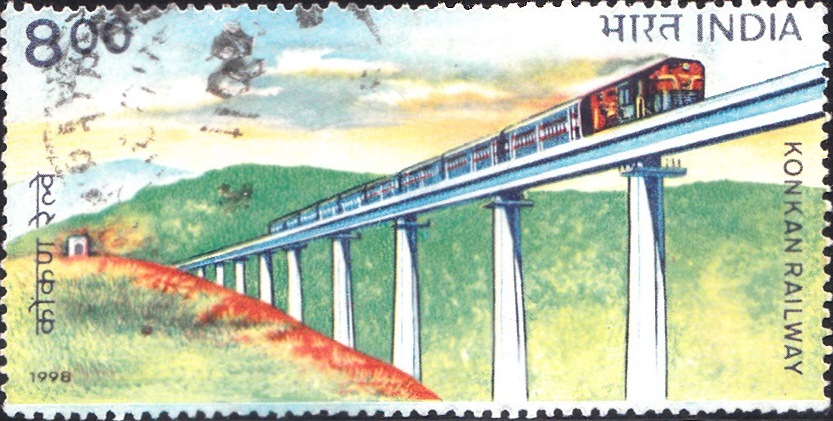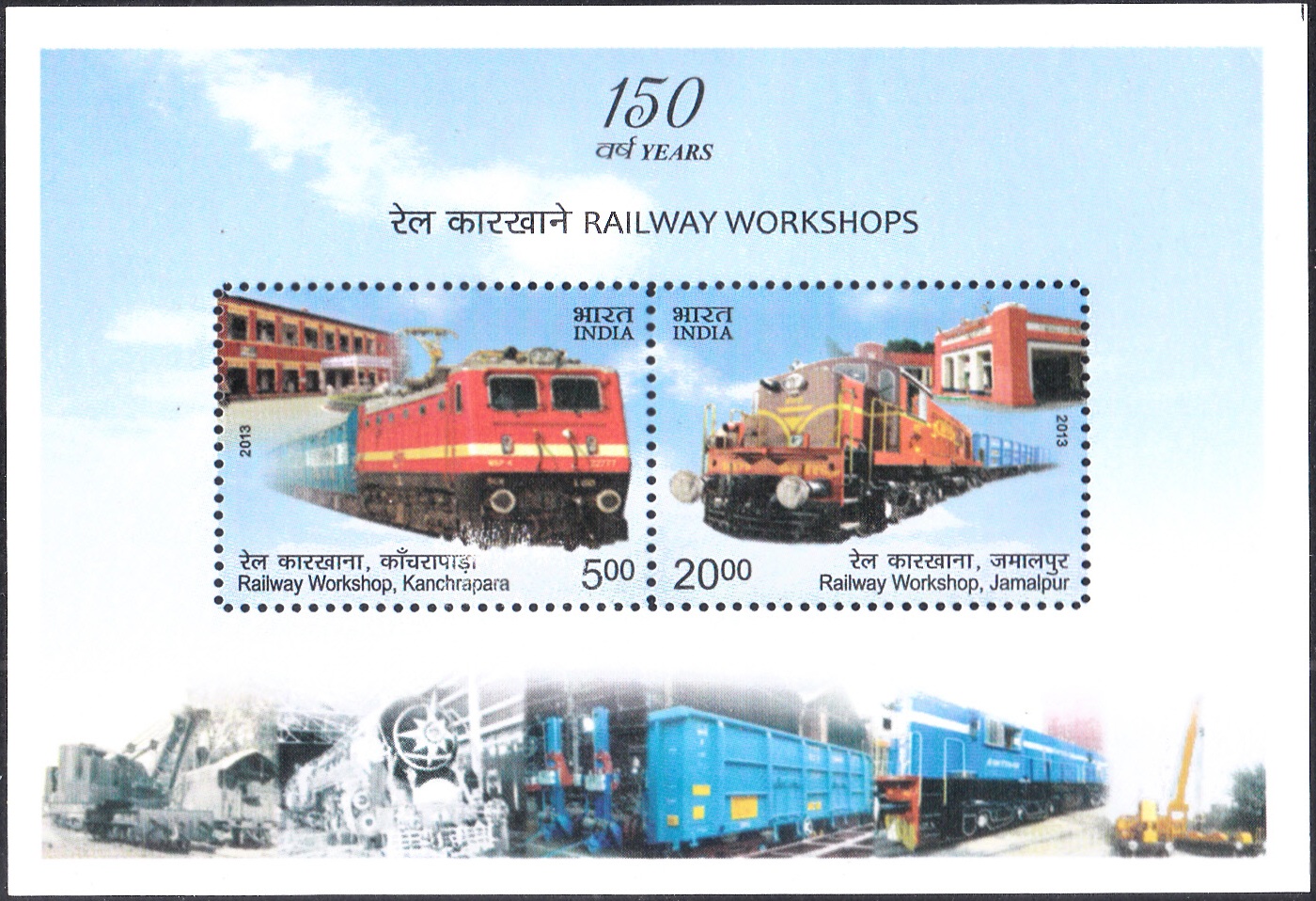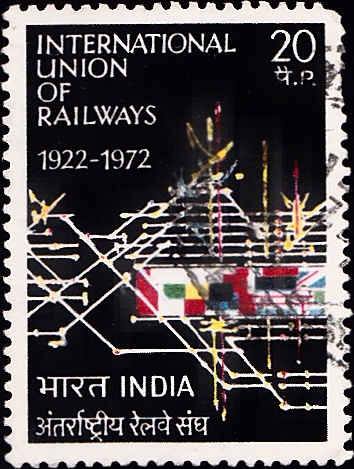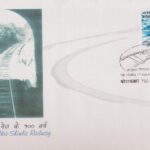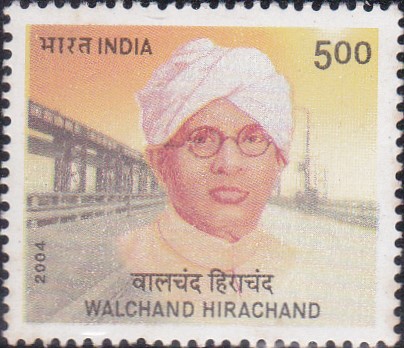
Walchand Hirachand
A commemorative postage stamp on the Birth Anniversary of Seth Walchand Hirachand Doshi, founder of the Walchand group, father of Transportation in India :

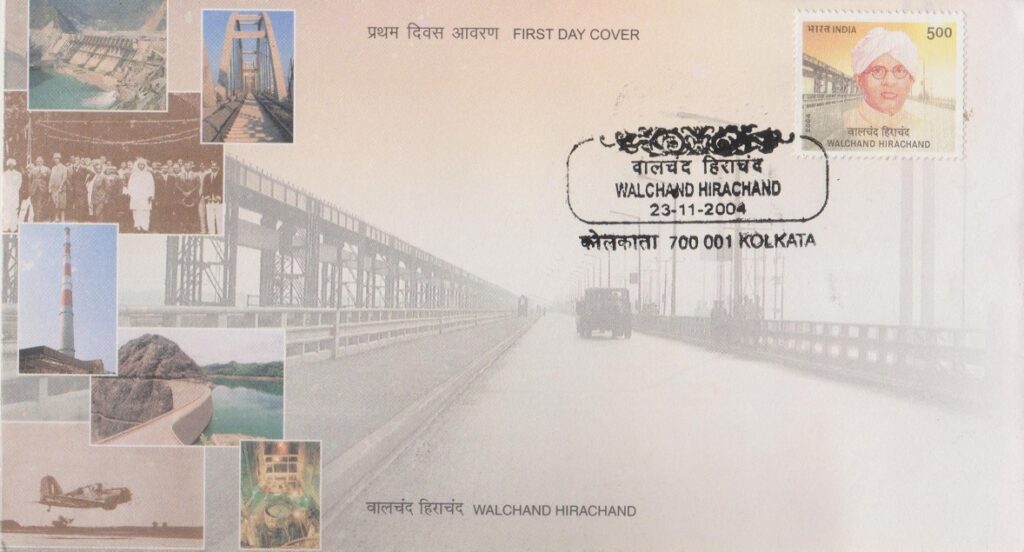
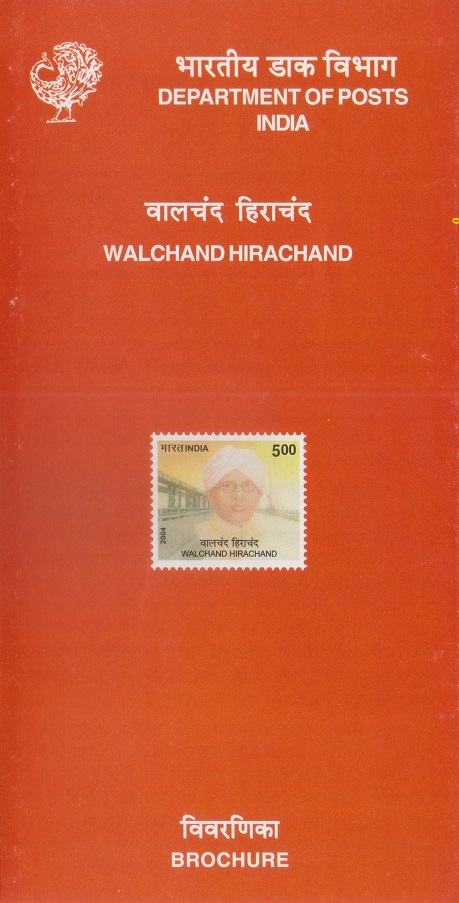 Issued by India
Issued by India
Issued on Nov 23, 2004
Issued for : The Department of Posts is proud to release this commemorative postage stamp on this great entrepreneur.
Credits :
Stamp & FDC : Based on material given by the proponent.
Cancellation : Alka Sharma
Type : Stamp, Mint Condition
Colour : Multicolour
Denomination : 500 Paisa
Print Quantity : 0.7 Million
Number of Stamps per sheet : 42
Printing Process : Photogravure
Printer : Indian Security Press, Nashik
Name : Walchand Hirachand Doshi
Born on Nov 23, 1882 at Solapur, Maharashtra, India
Died on Apr 8, 1953 at Solapur, Maharashtra, India
About :
- The life story of Walchand Hirachand unfolds the life of a man fearless, decisive, devoted, endowed with intelligence and intuition, a man out of the ordinary. There was about this man an aura of a creative power which would enable him to conceive brilliant ideas and carry them to splendid fulfilment. He belonged to the genus of deep, passionately striving natures and had a mysterious, indefinable insight amounting to genius. It was this which made people salute his greatness.
- Born on 23 November, 1882 at Sholapur, Walchand lost his mother, Rajubai a fortnight later and was raised by his aunt Umabai who did not let him feel the loss. His father, Hirachand ensured that Walchand‘s daily routine was marked by discipline, exactitude and regularity. Even though most of Lord Mahavir‘s teachings are in Ardhamagadhi yet to make sure that the young lad was not bereft of the Lord’s teachings in Sanskrit, Hirachand made his son learn selected passages by heart with their meaning interpreted either by himself or some scholarly expert. Walchand obtained his education at the Government High School, Sholapur, St. Xavier’s College, Dhobi Talao and Deccan College, Pune.
- The early 20th Century was marked by the relentless efforts of stalwarts like Dadabhai Naoroji, Justice M.G. Ranade, G.V. Joshi and R.C. Dutt who conducted a scientific investigation of India‘s poverty and revealed the one-sided policy of the colonial rulers of denying India the knowledge of modem mechanical appliances by which India could convert raw materials into finished goods and enter world markets and instead, making her a market for British goods. The efforts of these patriots had a powerful effect on Walchand. He resolved to dedicate his life to remove the poverty and economic slavery of his country. From that day, his thoughts and actions had but one sole object, the industrialization of his country.
- After dabbling unsuccessfully in jowar and thereafter, in cotton trade at Sholapur, Walchand realized through personal experience that getting into contract business was remunerative. Despite opposition from his father and uncle, he went ahead on a partnership with Laxman Balwant Phatak (1874-1935) formerly a railway clerk and earned the contract for the construction of the railway line known as the Barsi Light Railway which was a success. Thereafter, there was no looking back and Walchand went on establishing industry after industry and laid the foundation for the country’s basic means of transportation.
- Building bridges to connect people was next on his agenda and Walchand successfully completed the Bhor Ghat tunnel in Maharashtra, considered then to be beyond the capabilities of any Indian company. Over the years, Hindustan Construction Company (HCC) was formed which went on to build some of India‘s landmark construction projects. During one of his many trips abroad, Walchand met the president of an American aircraft company, which resulted in his resolve to manufacture planes in India. He established the Hindustan Aircraft Limited (HAL) much ahead of schedule and the first Harlow trainer plane manufactured by HAL took flight in July 1941. HAL was subsequently acquired by the Indian Government and since then has been building planes and guarding the Indian skies. Walchand made a mark in the fields of water and road transportation as well. His Scindia Steam Navigation Company had a fleet of 54 steamers, the largest water transportation company then. Similarly, Premier Automobiles Ltd, rolled out the first indigenously built trucks and cars in 1947.
- Walchand realized that unless agriculture was modernized and made remunerative, the problems of millions of India’s poor could not be solved. He concentrated on sugarcane and established Ravalgaon Sugar Farm Limited. Employing superior sugar processing technology, he produced sugar that matched international standards. In spite of the ups and downs of business, Walchand cared for the well-being and welfare of his employees and the community at large. He also established many educational and business institutions, for instance, the Walchand College of Engineering at Sangli in Maharashtra, The India Merchants Chambers, Maharashtra Chamber of Commerce, Federation of Indian Chambers of Commerce and Industries (FICCI) etc. Shri Walchand Hirachand passed away on 8 April, 1953 after leaving an indelible imprint on Indian industry and infrastructure. His life’s mission was to free India from her economic bondage, and to prove to the world that given the opportunity, India‘s skills and capabilities need never lag behind.
- Text : Based on material given by the proponent.



